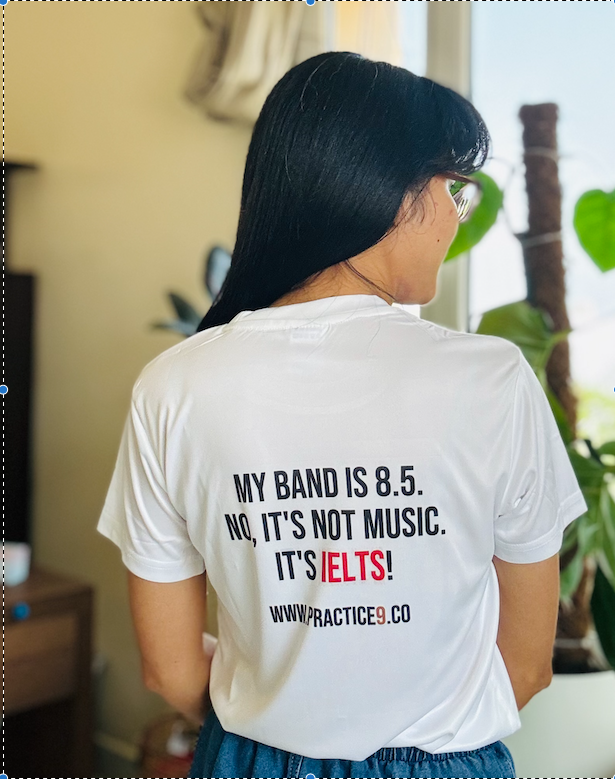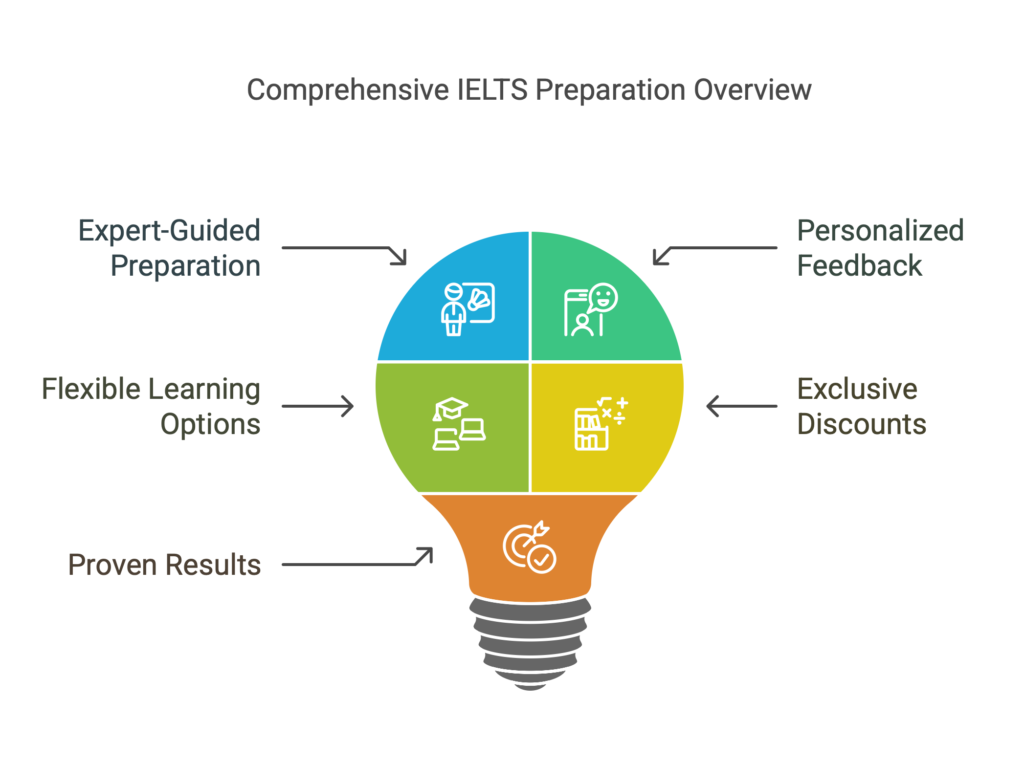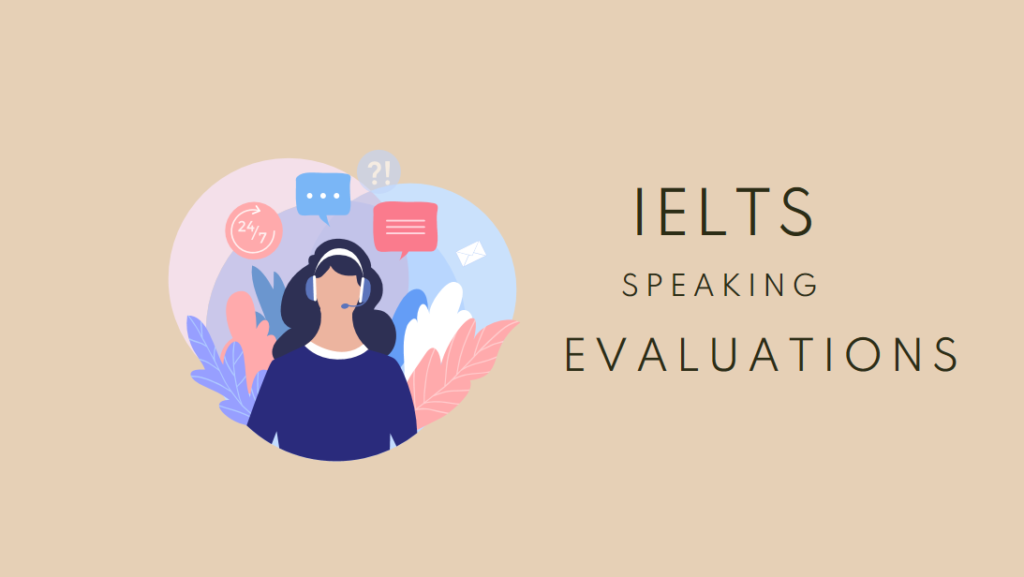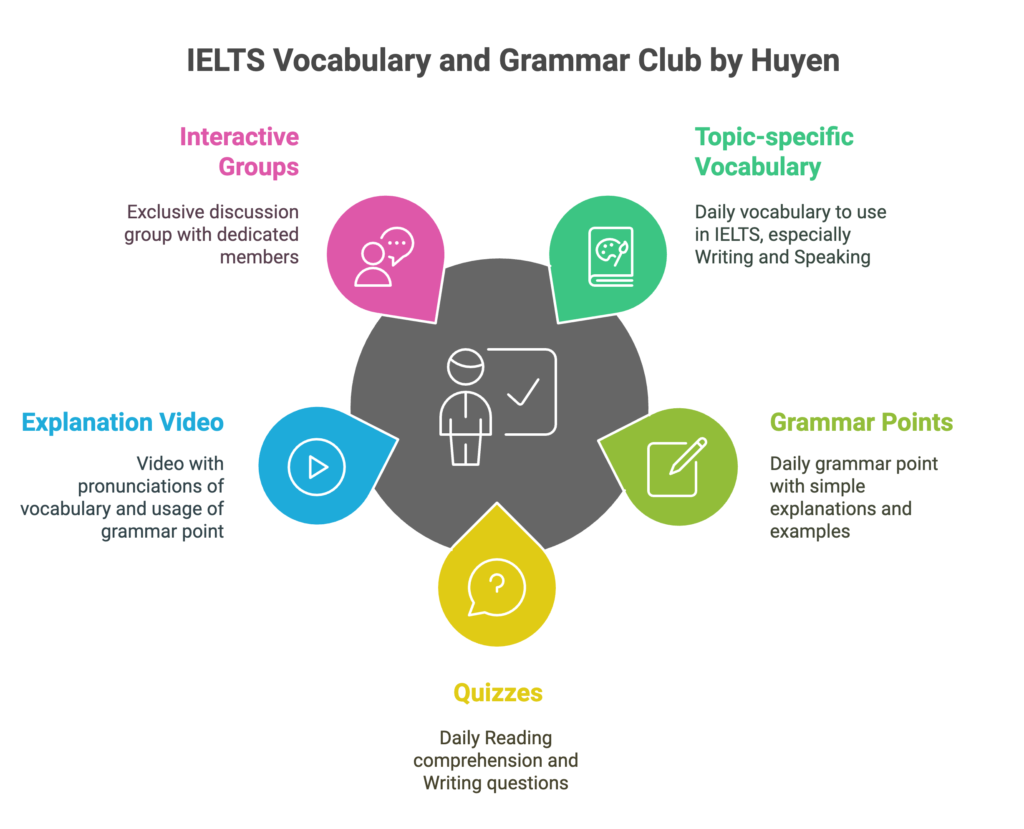Have a question? Click here to ask me!
That’s right! You can absolutely pause in IELTS Speaking.
But IELTS Speaking is an exam you take in front of a person you’ve probably never met before. So, pausing can create misunderstandings between you both.
In this article, I will share with you the possible reasons you should not pause without strategies and 2 strategies to pause in IELTS Speaking.
These strategic pauses will not only NOT reduce your Fluency and Coherence but may also increase your intelligibility as well as your score.
Why you should not neglect IELTS Speaking in your preparation

Why do you pause when you speak?
Naturally, you pause when you run out of the tools to support what you want to say. In IELTS Speaking, those tools could be your vocabulary, grammar, and ideas. So, when you pause, it could send out a signal for one or more of these struggles.
- You don’t know or remember the word that you want to use in your answer.
I remember in my very first IELTS exam, I got questions about the room I liked the most in my house and I wanted to say “My bedroom because it gives me privacy”. But I was unprepared and, frankly speaking, ignorant enough to underestimate the IELTS exam. So, I couldn’t remember the word “privacy”, which wasn’t even a rarely-used word to me. So, of course, I paused and then used other ways to explain what I could have said with the word “privacy”. It was very clear that I was struggling.
More often than not, you know what you want to say but your lexical resource may not be enough. Other times, you may be translating from one language into English, and the words you are looking for do not exist in English.
So, you pause to look for the words or other ways to say what you have in mind.
2. You are busy with creating grammatically correct sentences.
I’m sure, just like me, a big part of your English-learning journey was done by grammar-translation. That means you were given the names of the grammar points and how to use them correctly in certain contexts. And for sure, at some point in life, you were criticized for an innocent grammar mistake.
It made you scared! And now you are being judged by your English grammar in the IELTS exam as well. So, you are desperately trying to not make any grammar mistakes in your Speaking. You think too much about the rules. And you need time to think.
So, you pause.
3. You run out of ideas or you really don’t know what to say.
Admittedly, there are IELTS Speaking topics that are very… “outside of the box” (if you know what I mean). And, it’s not because you don’t have enough English to say it. You just don’t know what to say.
So, you also pause.
How does an unintentional pause in IELTS Speaking affect your score?

As explained above, you naturally pause when you struggle to deliver the messages you have in mind. It’s OK to not know anything about a topic and you can tell the examiner that so you both can move on to another topic.
But the thing is this is probably the first time you’ve met this person in your life, so they don’t know if you are struggling with vocabulary, grammar, or ideas. Hence, they don’t know why you pause.
The worst-case scenario, which is very popular, is that when paired with your overall performance in the exam, the examiner thinks you’re struggling with vocabulary and grammar. That is why even if you are pausing to find words and complete your grammar equations, it should look like you are just putting your ideas together in a coherent way.
Two ways to strategically pause in IELTS Speaking

ONE: Give the examiner a heads-up
When you are struggling with an immediate answer, for whatever reason, you can tell the examiner that you are going to pause to put your ideas together. It buys you some time to think, hence increasing your fluency. Communicating what you need to others is also a sign of fluency.
A few suggestions for you:
- It’s an interesting question. Let me think!
- I have never thought about this. Now you’ve got me thinking.
- I’m not familiar with (the topic). Give me a second to think.
You are advised to create your own way of asking for time to think so you won’t sound ‘memorized’.
The suggestions above are taken from Everything IELTS – The Comprehensive Guide to IELTS, which is free of charge for all members of Everything IELTS Packages and other services on Practice9 IELTS.
TWO: Create an intentional pause to increase your Coherence
An intentional pause is a pause you make in between parts of your answer to give the listener (in this case, the examiner) some time to process what you’ve said. It helps you
- increase the clarity of what you say.
- get some time to put your thoughts together and form a more coherent answer
Do I have a video about this? I’m glad you asked. Here you are!
You can also watch it on Instagram (shortened version) | TikTok (full version)
If you think about IELTS as a journey, you are your English foundation. You need to go from A to B. You will get there for sure. But with the right strategies, you will get there sooner.
These are the strategies I implement in all my services to help my clients reach their target score in a shorter time. I will make it, time and effort, efficient.
















Responses